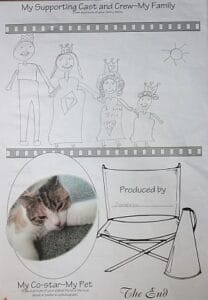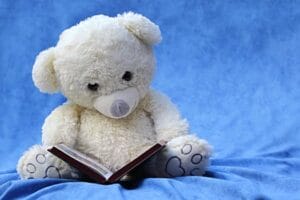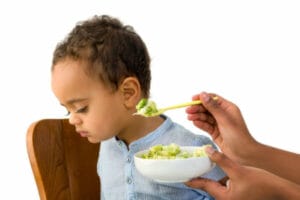10 Questions Parents ask About EYFS
1.What do the letters EYFS stand for?
EYFS stand for Early Years Foundation Stage.
2. What is EYFS all about?
The Department of Education has published a set of Guidelines (Statutory Framework for the Early years Foundation Stage) stipulating learning goals for children aged 0-5 who are in the care of nurseries and registered childminders or in the reception year of school. Primarily, at this stage, children learn through play.
3. Why do I need to know about EYFS?
You should know what your childcare provider is doing to help your child’s development and how you can support their learning at such a crucial stage.
4. What does the EYFS cover?
The EYFS covers 3 prime areas and 4 specific areas:
Prime areas:
- Communication and language
- Physical development
- Personal, social and emotional development
Specific areas:
- Literacy
- Mathematics
- Understanding the world
- Expressive arts and design
5. What can I do to support my child under EYFS
The key is to do fun activities with your children that would help them to develop in each area.
6. Does EYFS apply in the home as well?
EYFS guidelines are only compulsory for registered childcare providers. If you are aware of those guidelines you will be able to do things at home which would consolidate what they are learning at nursery, with the childminder or at reception.
7. How can I find out how my child is getting on?
You should have regular conversations with your childminder, with their key worker if they are in a nursery or with their reception teacher. This would help you to get an on-going picture of how your child is doing. When your child reaches the age of two, you will be given a written summary called a Progress Check by the professional who is working with your child. The progress check covers the 3 Prime areas:
- Communication and language
- Physical development
- Personal, social and emotional development
When your child reaches the age of 5 (in the summer term of reception year) you will be given an EYFS Profile. This profile will be based on observations made by your child’s teachers over a period of time and will cover how they have progressed through all seven areas of the EYFS curriculum.
8. What happens after EYFS
Your child moves on to year 1 of school after they have completed the Early Years Foundation Stage. Their year 1 teacher will use the EYFS profile to inform them about your child’s strengths and areas for development.
9. Where can I learn more about EYFS?
A good parent-friendly introduction could be found in A Parent’s Guide to The Early Years Foundation Stage. You can view a copy here (opens in a new window)
You can find lots of ideas on how to support your child through the 7 stages of the EYFS curriculum in a publication called What to Expect, When. You can view a copy here (opens in a new window)
If you would like to take a more in-depth look at EYFS, you view a copy of the Statutory Framework for the Early years Foundation Stage here (opens in a new window)
10. Where can I find EYFS resources to use with my child?
After reading ‘What to Expect, When’ you may observe that you already have resources available in your home to make learning fun for your child. However If you are looking for craft activities, BakerRoss.co.uk is good place to start. Other EYFS recources providers are listed below:
Elc.co.uk -The Early Learning Centre specialises in resources aimed at children at the Early Years Foundation Stage (EYFS). Their range spans toys, games, books construction sets and more.
Theworks.co.uk is excellent for book bundles and craft materials.
LearningResources.com – stocks a wide selection of resources for EYFS learners. Their range covers fine motor skills, critical thinking, exploration, active play and more.
Wilko.com also has an excellent range that will help children to learn through play.
Argos.co.uk has a brilliant collection of role-play toys covering shopping, cooking, building and more




